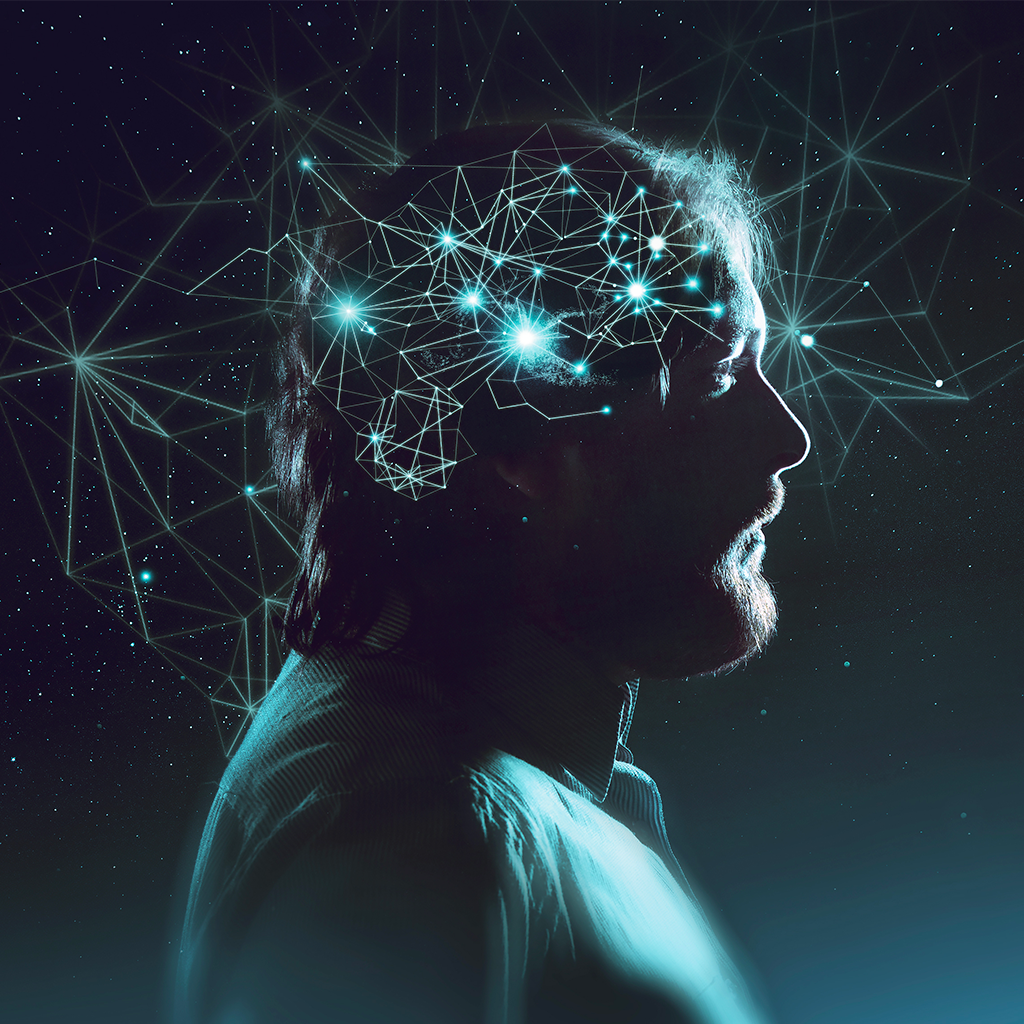PASCAL Project wins an important funding from the Ministry of Health

تاريخ النشر : 06-03-2023
تحديث في : 07-03-2023
الموضوع: البحث
الوقت المقدر للقراءة : 1 دقيقة
The PASCAL project, Predicting cerebrovascular Adverse events post cardiac Surgery with cardiopulmonary bypass by means of Cerebral AutoreguLation indices, wins funding from the Italian Ministry of Health within the Finalized Research Call 2021, section of projects submitted by Young Researchers.
How did the project come about and what research area does it fit into? What is the structure and objectives? We discuss this with Dr. Vlasta Bari, a biomedical engineer and researcher at the University of Milan and Policlinico San Donato Research Hospital, who is in charge of the research project.
Goals of the PASCAL project
The study aims to predict the occurrence of cerebrovascular adverse events following cardiac surgery with cardiopulmonary bypass. Specifically, the research team intends to:
- evaluate the status of cerebral autoregulation during different phases of cardiac surgery, i.e., before general anesthesia, during anesthesia, and during cardiopulmonary bypass;
- compare different techniques for measuring cerebral autoregulation in order to determine the most cost-effective one;
- develop a predictive model of postoperative stroke risk from the extracted perioperative parameters.
A staff of young researchers
The project, scheduled to start in spring 2023, will have an estimated duration of 3 years. Eng. Bari will rely on the collaboration of a team of young researchers, all under 40, consisting of:
- Dr. Giacomo Bortolussi, Cardiac Surgery Unit;
- Dr. Moreno Zanardo, Radiodiagnostics Unit;
- Eng. Beatrice Cairo, University of Milan, project partner.
In fact, the study stems from the multidisciplinary collaboration of the Bioengineering team with the staff of the Department of Anesthesia, Resuscitation and Postoperative Cardiac Surgery Intensive Care Unit, the Cardiac Surgery Unit, the Radiodiagnostics Unit and the Clinical Psychology Service of Policlinico San Donato.
"Winning this grant will allow us over the next 3 years to explore in detail and with the latest technology the course of brain autoregulatory mechanisms during surgery and how they can be used to predict adverse events," says Eng. Vlasta Bari.
"The availability of all the different expertise and departments within Policlinico San Donato, combined with the possibility of working in synergy with young but experienced professionals is one of the strengths of this project, which will help us to carry out the activities on time and successfully. In addition, the diverse clinical and technical backgrounds of the collaborators involved will foster stimulating interdisciplinary scientific collaboration, a key term for the development of future healthcare," she concludes.
What is brain autoregulation and what happens if it fails?
Cerebral autoregulation is a physiological mechanism necessary for life to maintain constant cerebral blood flow despite possible changes in systemic pressure. Should it fail, even transiently, the patient may face an increased risk of developing adverse cerebrovascular events such as stroke.
This condition can occur during cardiac surgery, when the patient is connected to the heart-lung machine to allow the heart surgeon to perform the procedure. During this delicate phase, called "cardiopulmonary bypass," adequate cerebral perfusion and self-regulation must be maintained. Assessing brain autoregulation and, through that parameter, being able to predict the onset of postoperative stroke would allow physicians to carry out compensatory strategies, which would have an impact on the patient's course and costs to the health care system.
"An important technological breakthrough will come from comparing the technology traditionally used to detect brain flow, transcranial Doppler, with near-infrared spectroscopy (NIRS), a tool that is much easier to use and detect than transcranial Doppler, but not yet fully validated for the calculation of brain autoregulation. If verified, the possibility of using machines based on NIRS technology will bring further innovation in cardiac surgery, making 360-degree patient monitoring easier," the engineer explains.
How the study is conducted?
Indices of the patient's brain autoregulation and autonomic function can be calculated by physiological signal analysis techniques such as:
- electrocardiogram;
- blood pressure;
- brain flow velocity traditionally detected by transcranial Doppler-type techniques.
These signals will be detected noninvasively from patients during the different phases of surgery and processed with the most advanced analysis techniques by the Bioengineering team of the Laboratory of Complex Systems Modeling, a facility part of both Policlinico San Donato and the University of Milan, experts in biomedical signal processing, and led, in this project, by Eng. Vlasta Bari.
Patients will, in addition, undergo brain MRI and psycho-cognitive testing to determine the occurrence of stroke.
"The ability to predict the onset of stroke and understand which patients are most at risk will improve patients' quality of life in terms of recovery time and short- and long-term outcomes, and also reduce the risk that they will develop cognitive issues and neurodegenerative diseases such as dementia. The availability of a model for predicting the risk of adverse events could greatly help professionals in the cardiac surgical environment, such as surgeons, anesthesiologists, and perfusionists, so that they can identify the appropriate level of perfusion at which to maintain each patient during surgery to minimize the occurrence of stroke and, in general, adverse cerebrovascular events postoperatively."
